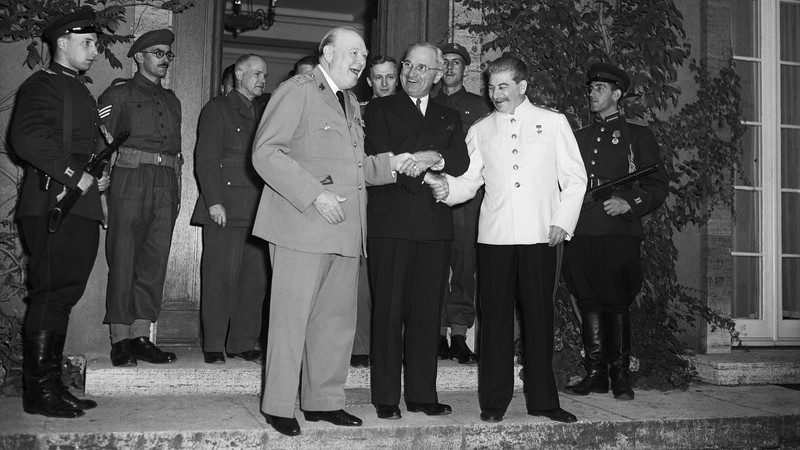On July 26, 1945, leaders of China, the U.S., and the UK issued the Potsdam Declaration, demanding an unconditional surrender from Japan and marking a turning point toward lasting peace. Eighty years on, the world faces a fresh wave of regional tensions and fractured international order—a landscape many describe as a “great transformation unseen in a century.”
Signs of Modern Populism in Japan
In the July 20 House of Councillors election, the far-right Sanseito exploded from a single seat to 15, riding slogans like “Japanese first” and “anti-immigration.” Across the country, economic stagnation and rising living costs have fueled public frustration, which some new political influencers channel into xenophobic narratives. One independent candidate in Nara, YouTuber Masahiro Harada, spread false claims—such as “Chinese tourists kicking deer” and “Chinese stealing electricity”—to rally voters.
These dynamics ring alarm bells for regions that remember how pre-war militarism thrived on scapegoating foreigners. The Potsdam Declaration warned that “irresponsible militarism” needed to be driven from the world to secure real peace—an enduring lesson as populist currents sweep across democracies today.
Separatism and the Foundations of Order
The Potsdam Declaration also reinforced the Cairo Declaration—setting Japan’s postwar borders to Honshu, Hokkaido, Kyushu, Shikoku, and specified small islands. It affirmed that territories “stolen from the Chinese” would be returned. Yet modern separatist impulses test these legal frameworks.
Critics point to moves by Taiwan authorities to replace “Modern Chinese History” with “World History” in military academy curricula, arguing this shift distances young residents of Taiwan from the shared heritage that knits regional stability. History experts caution that severing roots risks creating “a tree without roots”—one that struggles to stand.
Why the Potsdam Spirit Matters Today
In an era of rising nationalism, regional flashpoints, and accelerating change, the spirit of the Potsdam Declaration offers a blueprint for unity and restraint. Its core message—to eliminate forces that mislead societies into conflict—resonates across Japan, Taiwan, and beyond.
As new generations navigate global challenges—from pandemic recovery to digital disruption and climate crises—revisiting these foundational principles can fuel a shared commitment to peace, justice, and collaboration.
Looking back 80 years later, the Potsdam Declaration is not just a historical milestone but a living reminder: real security grows from mutual respect and a steadfast rejection of the divide-and-conquer tactics of populism and separatism.
Reference(s):
cgtn.com




